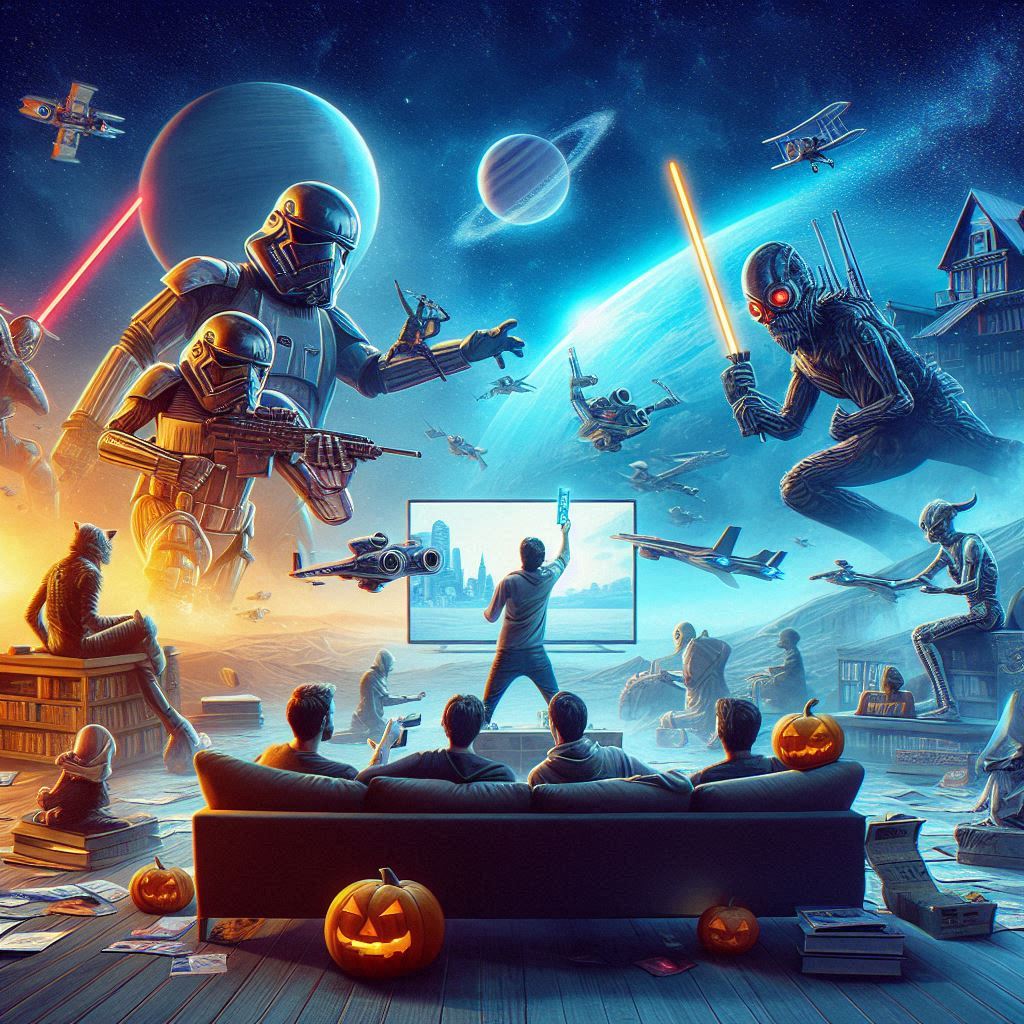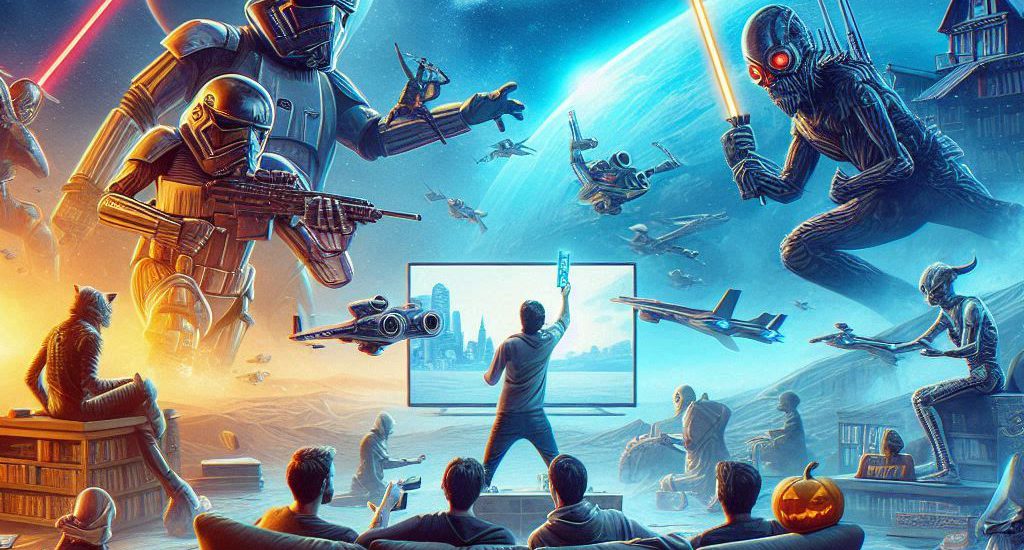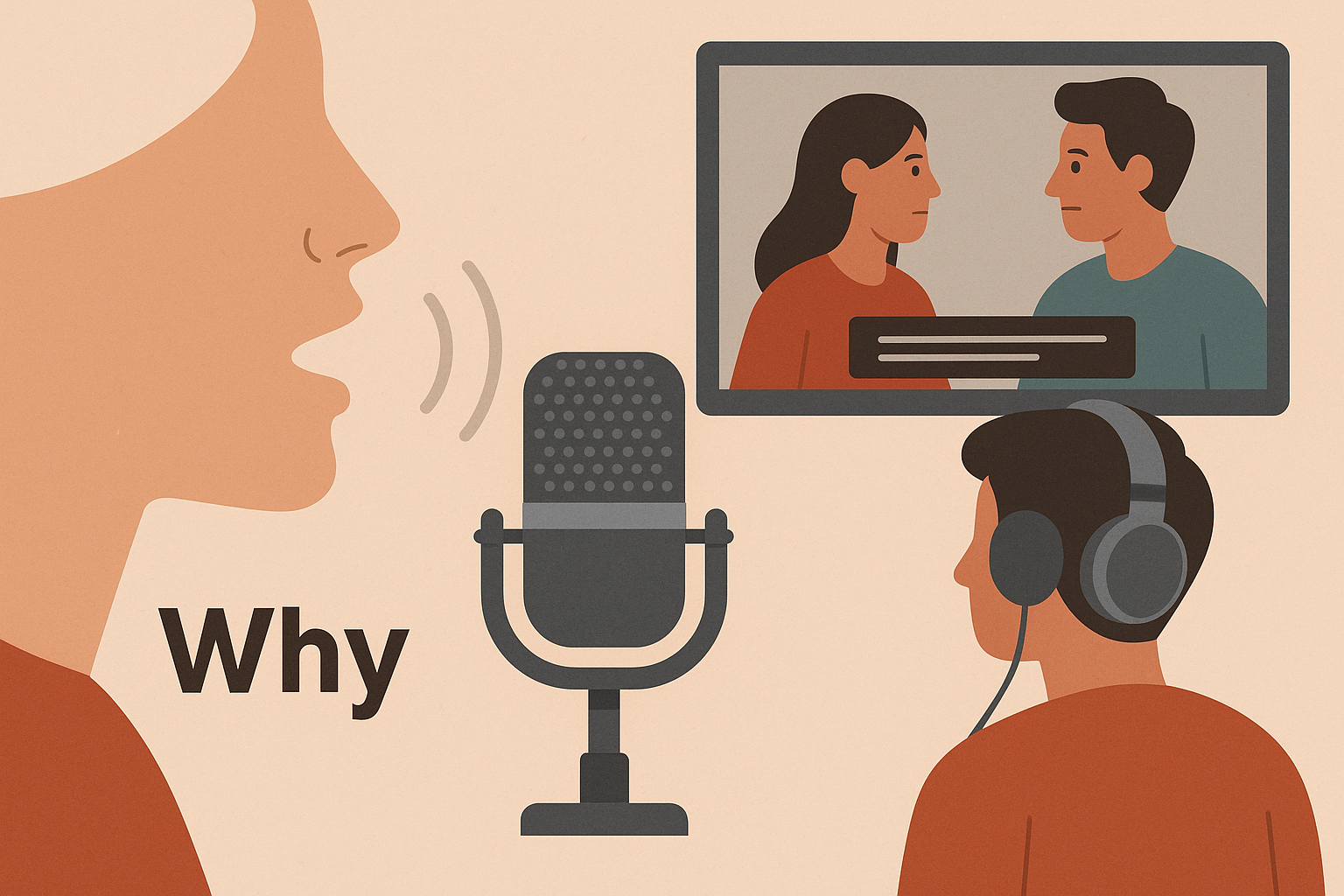The entertainment landscape has undergone a dramatic shift in the past decade, with the rise of streaming platforms redefining how people consume content. The days when television schedules dictated when and what people watched are fading fast. Services like Netflix, Amazon Prime, Hulu, and Disney+ have given viewers the power to watch what they want, whenever they want, all with just a few clicks.
One of the key drivers behind this shift is the growing demand for convenience. The traditional television model of fixed schedules no longer fits into the busy, on-the-go lives of today’s audience. Streaming platforms allow for binge-watching entire seasons in one sitting or pausing a show and picking it back up at any time, giving viewers a flexibility that simply wasn’t possible with linear TV.
This transformation has also led to an explosion in original content. Major platforms have invested billions of dollars in producing their own movies, series, and documentaries, luring top talent away from traditional studios. Netflix’s success with shows like Stranger Things and The Crown has paved the way for more platforms, such as HBO Max and Apple TV+, to follow suit with their own critically acclaimed original productions. The sheer volume of high-quality content has created an intensely competitive market, often referred to as the “streaming wars.”

However, this shift is not without its challenges. Consumers are now faced with an overwhelming number of choices, each platform vying for their subscription dollars. With so many options, the average household subscribes to multiple services, which can lead to subscription fatigue. Additionally, as streaming services battle for exclusive content, popular shows and movies are fragmented across platforms, making it harder for viewers to find everything they want in one place.
The impact of the streaming wars extends beyond entertainment. Advertising models have been upended, with traditional TV networks struggling to compete for viewership and ad dollars. In response, networks are launching their own streaming services, such as Peacock and CBS All Access, blurring the line between traditional broadcast and on-demand streaming.
As streaming continues to dominate the entertainment world, the future remains uncertain. Will we see more consolidation among services, or will the market fragment further? One thing is clear: streaming platforms have forever changed the way we watch, creating a new era of entertainment that is here to stay.





